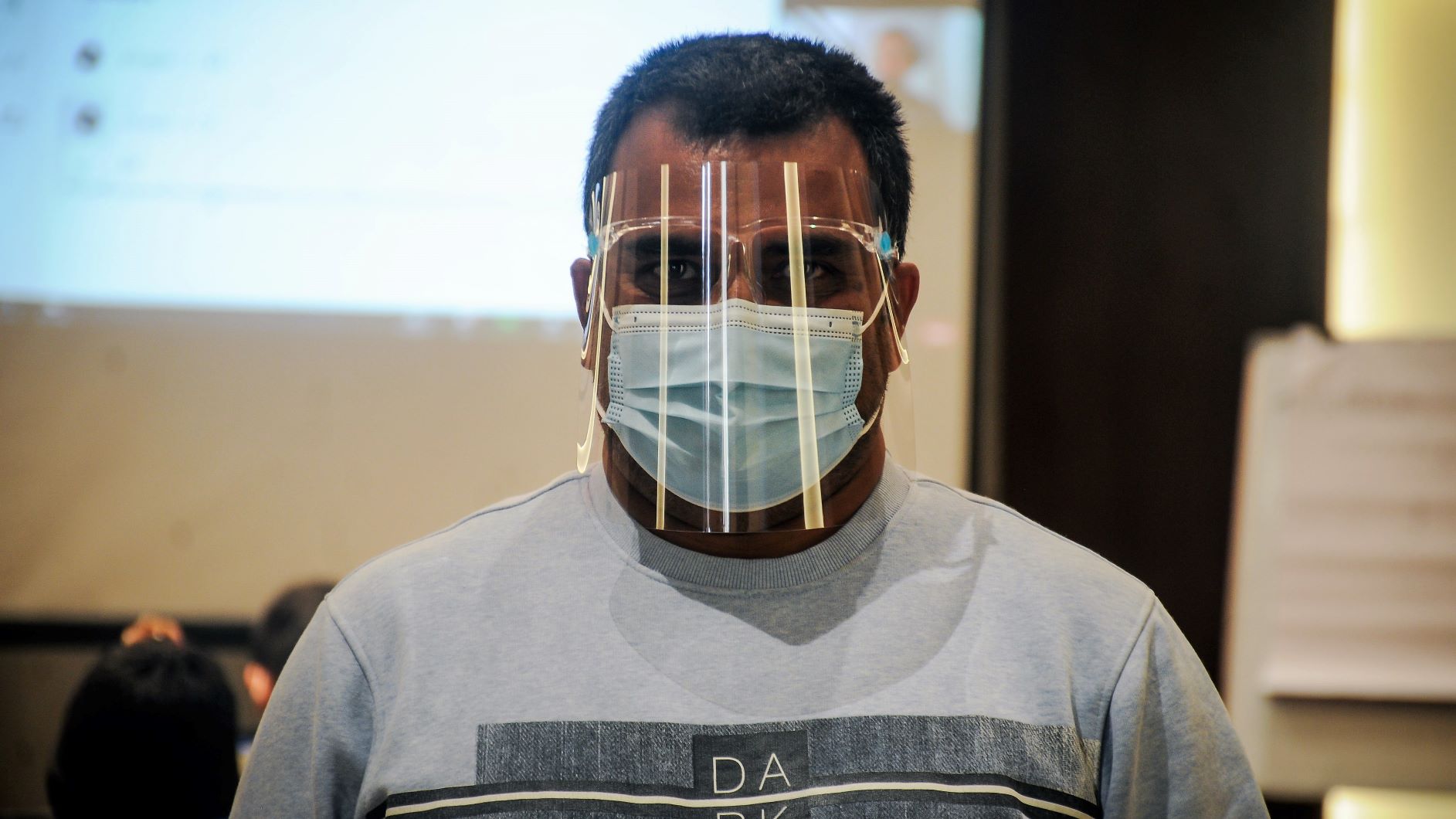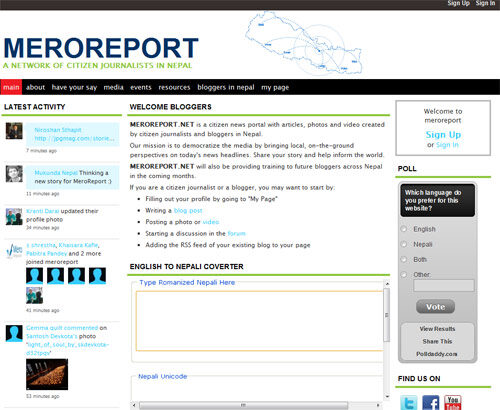Personal information posted on internet’s social media such as Facebook, Twitter and discussion forums are not private – rather they are public information viewable by unintended people legally
Last week, two of my friends – a journalist and a blogger, both of whom I follow on the popular microblogging site, Twitter – exchanged numerous postings debating the privacy of those short messages called tweets. As hundreds of others who follow them on Twitter, I was silently reading all those postings.
 Their debate revolved around whether any newspaper, without informing the person who posted the message on Twitter, could reproduce them in print. There were arguments for and against the topic, and towards the end of the debate, the blogger, to some extent, agreed that newspapers could.
Their debate revolved around whether any newspaper, without informing the person who posted the message on Twitter, could reproduce them in print. There were arguments for and against the topic, and towards the end of the debate, the blogger, to some extent, agreed that newspapers could.
Interestingly, the debate took me to the old fire that’s still burning globally – the issue of privacy in the age of digital media. Although Professor Susan Barnes had eloquently asked in 2005 “ in an age of digital media, do we really have any privacy?” The debate of privacy is still a pertinent issue with various different court rulings, corporate rules and opinions popping up from around the world frequently. Within all that, majority of people now agree that privacy is a tricky issue in the age of digital media, and apart from individual becoming aware of what they post online, there is little that can be done to ensure the privacy. Continue reading…






